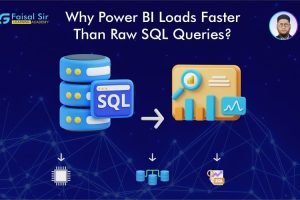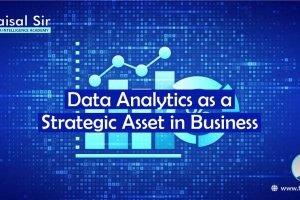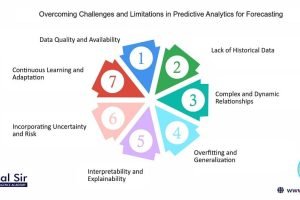SQL vs NoSQL: Which Database Skills Matter More for Data Analysts in 2025?
- Posted by admin
- Categories Blog, Data Analytics
- Date April 30, 2025
- Comments 0 comment
SQL vs NoSQL for Data Analysts: Which Database Skills Matter More in 2025?
Introduction
In the evolving field of data analytics, choosing between SQL vs NoSQL for data analysts has become a defining factor in job readiness and project success. Understanding which database technology aligns with your goals is critical in 2025.
What is SQL and Why Is It Important for Data Analysts?
SQL (Structured Query Language) is the backbone of most relational databases. It allows data analysts to retrieve, manipulate, and report on structured data efficiently.
Benefits of SQL for Data Analysts:
- Works well with structured datasets
- Standard language for most BI tools
- Great for complex queries and joins
- Crucial in finance, HR, and reporting
Internal Link: Beginner’s Guide to Building a Career in Data Analytics (2025 Edition)
What is NoSQL and How Does It Help Data Analysts?
NoSQL databases such as MongoDB and Cassandra are designed to handle semi-structured or unstructured data. These are useful for working with real-time data, IoT streams, and documents.
Benefits of NoSQL for Data Analysts:
- Flexible schema for dynamic data
- Ideal for big data and web-scale applications
- Compatible with cloud-native environments
- Complements machine learning workflows
Internal Link: Top Data Analytics Skills You Must Master in 2025
SQL vs NoSQL for Data Analysts: Feature Comparison
| Feature | SQL | NoSQL |
|---|---|---|
| Data Format | Structured | Semi/Unstructured |
| Schema | Fixed | Dynamic |
| Scaling | Vertical | Horizontal |
| Use Cases | Reports, BI, Legacy Systems | Big Data, IoT, Streaming |
| Language | SQL Standard | Varies (e.g., Mongo Query) |
Should Data Analysts Focus on SQL or NoSQL in 2025?
If your role involves traditional business reporting, SQL is still essential. But for those working in data science, marketing analytics, or product analytics, NoSQL brings performance and flexibility advantages.
The best approach? Learn both SQL and NoSQL to cover a wider spectrum of data tasks.
Outbound Link: MongoDB vs SQL – Official Guide
Final Thoughts on SQL vs NoSQL for Data Analysts
To thrive as a data analyst in 2025, you should understand both relational and non-relational databases. While SQL provides a solid base for analysis, NoSQL expands your ability to work with large, diverse datasets. The combination of both makes you a more adaptable and in-demand professional




